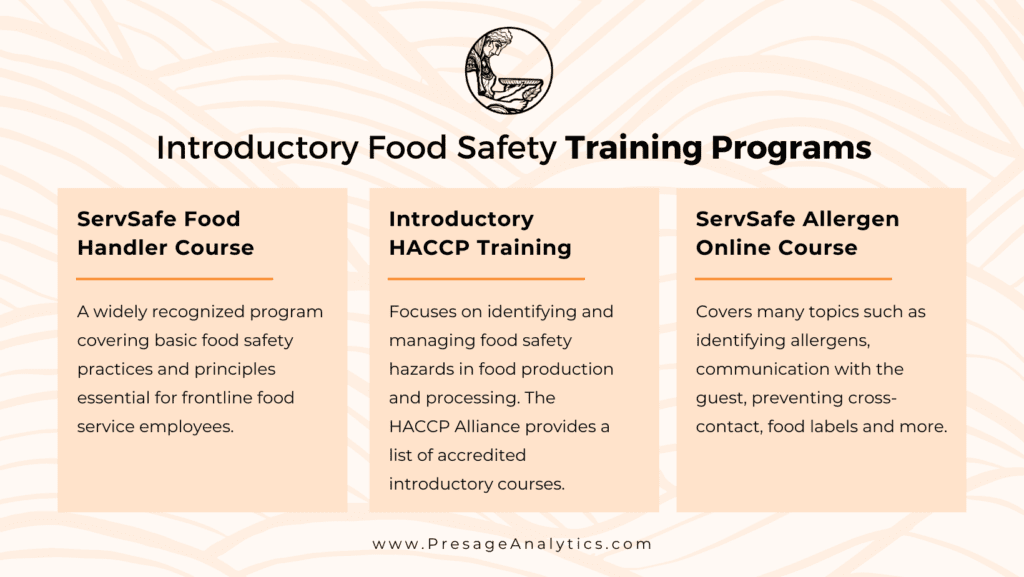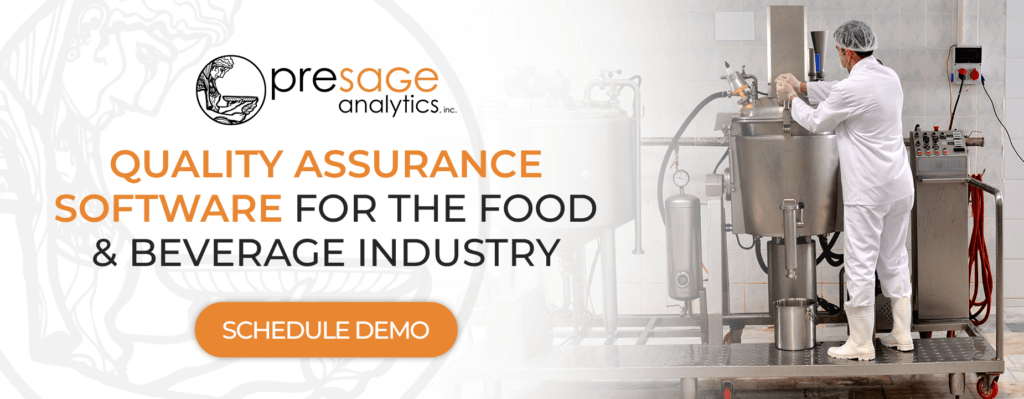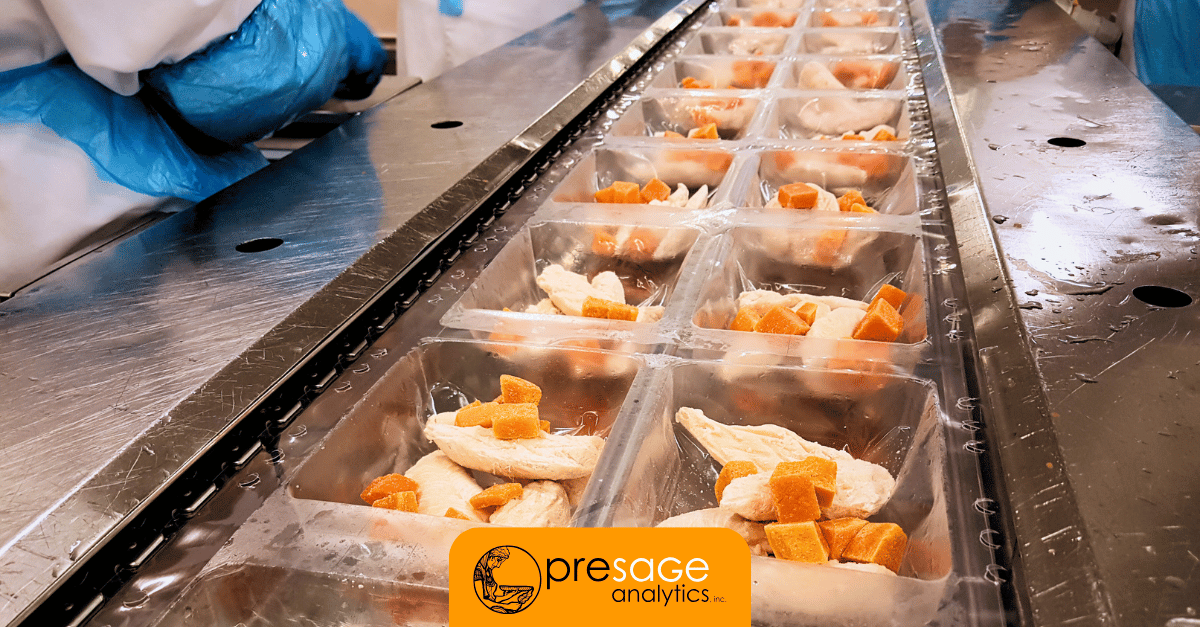Food Safety Training for Employees: A Crucial Investment

Are your employees ready to tackle the essentials of food safety? Do you know how to improve your safety practices effectively? The food safety training your employees receive and the effectiveness of your practices directly impact the safety of your consumers. One person’s mistake can lead to severe consequences, such as widespread contamination, and damage the company’s reputation.

Why Food Safety Training is Crucial
Proper food safety training creates knowledgeable staff, which in turn protects public health, prevents foodborne illnesses and contamination, and boosts consumer confidence. Compliance with legal and regulatory requirements also becomes easier.
Benefits for Companies
- Enhancing Company Reputation: Companies with robust food safety programs build a reputation for safety and quality. This reduces the risk of recalls and legal issues and fosters a strong safety culture.
- Operational Efficiency: Efficient training programs streamline processes and reduce waste. Consequently, employees tend to perform better with higher morale when they understand food safety procedures, leading to improved productivity and cost savings.
Benefits for Employees
- Career Advancement: Employees gain valuable skills and certifications through proper training. These credentials increase job security and opportunities for promotion.
- Personal Growth: Understanding the importance of their role in food safety empowers employees. The knowledge and skills gained from training programs can boost confidence and job satisfaction.
Pathways into the Food Industry
Food Safety Training for Newcomers
Entry-level training programs provide a solid foundation in food safety. Newcomers learn essential skills and knowledge to start their careers.

Food Safety Programs
- ServSafe Food Handler Course: A widely recognized program covering basic food safety practices and principles essential for frontline food service employees.
- Introductory HACCP Training: Focuses on identifying and managing food safety hazards in food production and processing. The HACCP Alliance provides a list of accredited introductory courses.
- ServSafe Allergen Online Course: Covers many topics such as identifying allergens, communication with the guest, preventing cross-contact, food labels and more.
Developing a Comprehensive Food Safety Training Program
Key Components of an Effective Training Program
- Identifying Critical Control Points (CCPs): Identify stages in production where hazards can be controlled or eliminated.
- Comprehensive Curriculum: Cover topics such as personal hygiene, sanitation practices, temperature control, and cross-contamination prevention.
- Hands-on Training: Provide practical exercises to reinforce theoretical knowledge and ensure application in real-world scenarios.
- Regular Updates and Refresher Courses: Keep employees informed about new regulations, techniques, and best practices through ongoing training sessions.
- Customization to Specific Roles: Tailor training content to address the unique responsibilities and risks associated with different job functions.
- Management Support and Involvement: Ensure that management emphasizes the importance of food safety and actively supports training initiatives.
- Assessment and Feedback Mechanisms: Implement quizzes, assessments, or practical evaluations to gauge understanding and effectiveness of training.
- Clear Communication Channels: Establish open lines of communication for employees to ask questions, report concerns, and provide feedback on training materials.
- Documentation and Record-Keeping: Maintain records of training sessions, attendance, and performance evaluations to demonstrate compliance and track progress.
- Continuous Improvement: Regularly evaluate the training program’s outcomes and make adjustments based on feedback, industry developments, and audit findings.
Implementing Food Safety Training
Designing and rolling out a training program involves outlining objectives with clear steps, scheduling sessions, and assigning responsibilities. It’s smart to allow employees to leverage technology and online resources, letting them access materials at their convenience and participate in interactive courses or webinars.

How Presage Analytics Can Help
Continuous education and training foster a culture of safety and excellence. Presage Analytics offers software and analytics, providing your employees with the tools they need to track and improve food safety. We invite you to schedule a demo with Presage Analytics and see firsthand how our solutions can enhance your processes.





